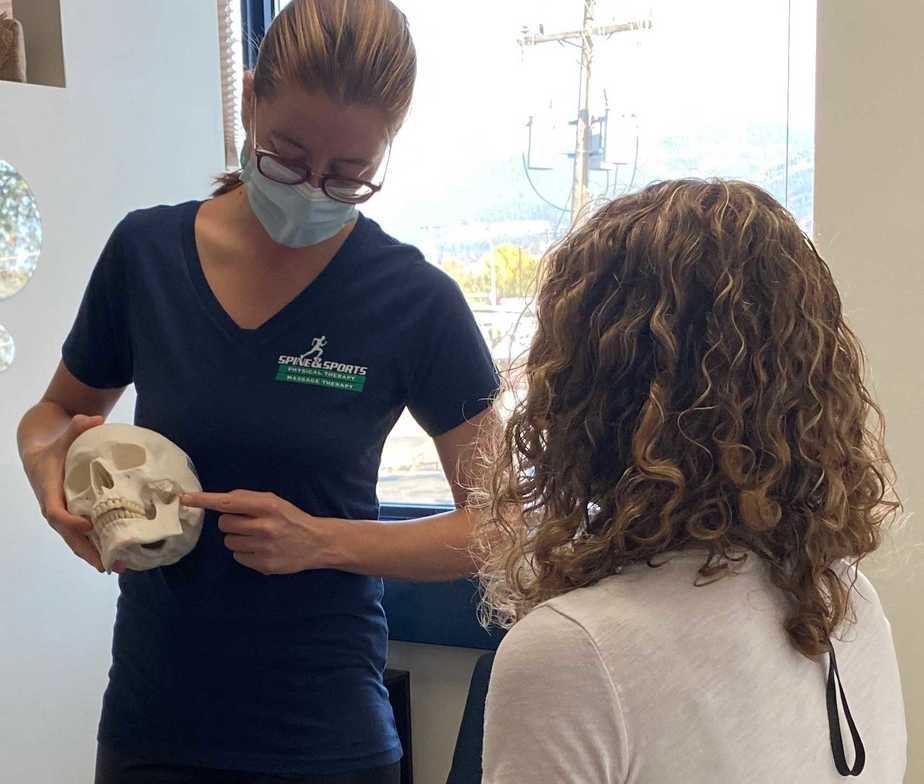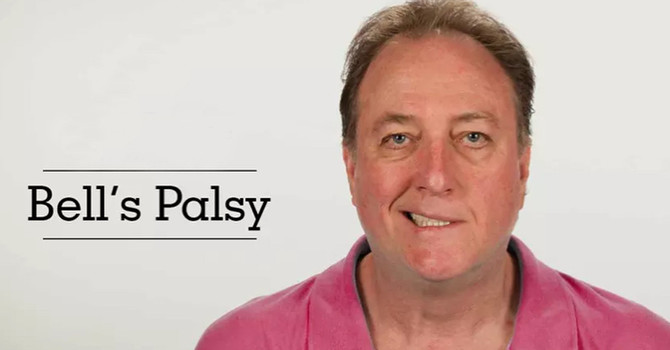
Before we dive into the modern-day uses and benefits of Physiotherapy, let’s start with a bit of history. Did you know that Physiotherapy has been around since 460 BC? It’s true! Back then, physicians like Hippocrates, are said to be the first to use some form of Physiotherapy, Hydrotherapy and Massage Therapy. And the first documented use of Physiotherapy dates all the way back to Per Henrik Ling and the 19th century.
Fast forward to the end of World War 1, and you’ll come to the period when Physiotherapy became an established practice in Canada. The need for Physiotherapy was a result of soldiers returning home in need of therapy and treatment to help heal injuries and restore mobility/function. Since then, Physiotherapy has continued to grow and be used to treat many more people and injuries.
Contrary to what many people think, the name Physical Therapy is just another term for Physiotherapy. Both refer to the same use of manual techniques to treat pain, discomfort and injury. So whether you call it “Physical Therapy”, “Physiotherapy” or even just “Physio”, you can rest assured knowing you’re receiving the same proven, age-old technique.
Now before you start thinking that Physiotherapy can be done from start to finish in the comfort of your home, that is not the case. Physiotherapy, like every other medical practice, requires the guidance, expertise and supervision of a trained professional. Visiting a clinic like our own, you’ll work one-on-one with one of our highly-trained Physiotherapists to assess your situation, diagnose the problem and develop a comprehensive treatment plan to get you back to 100%. This plan will rely heavily on in-clinic time with our team, but it will also involve some homework. Typical Physiotherapy homework can involve simple exercises and movements as well as rest routines, and other beneficial tasks. It’s imperative however that you don’t try searching for your own homework online and that you listen to your Physiotherapist for your exact homework. Every case is unique, and only a trained professional can properly diagnose the problem and develop a treatment plan. Doing homework that is not prescribed to you can actually set you back in your road to recovery rather than speed things along.
Vertigo is a specific type of dizziness where you experience a spinning sensation in your head. And although many people would group it with dizziness, fainting and a lightheaded feeling, it is actually much more debilitating and should be taken much more seriously. Where the other conditions can be caused by things as simple as an imbalanced diet, Vertigo can be caused by severe illness/disease, a stroke, head trauma and more. So where does Physiotherapy come in? Well, some physiotherapists receive specialized training in Vestibular Rehabilitation. A person’s Vestibular system is responsible for everyday movements and equilibrium and can often be the cause of Vertigo. Working with a specially-trained Physiotherapist, you’ll be able to assess your condition and develop a treatment plan to help you restore balance, lessen the effects of dizziness and adjust for the symptoms of Vertigo.
Adding to the list of lesser common conditions that can be treated by Physiotherapy, Physiotherapy has also been known to provide mental health benefits too. Like Vertigo, treating mental health with Physiotherapy requires visiting a Physiotherapist with specific Mental Health Physiotherapy training. How does Physiotherapy benefit mental health? It does so in a less-than-traditional manner. Rather than focusing on the mental health condition, whether it be depression, Alzheimer’s or something else, Mental Health Physiotherapy focuses on the body as a whole. It places a strong focus on body function, movement awareness and physical activity, like regular Physiotherapy, and then builds on these aspects by introducing mental aspects to each area of focus.
Physiotherapists treat the TMJ (jaw), are trained to use Needles (Acupuncture and IMS), rehab Concussions, and have recently been involved in Covid Rehab for breathing!
Cheryl Witter
Contact Me

